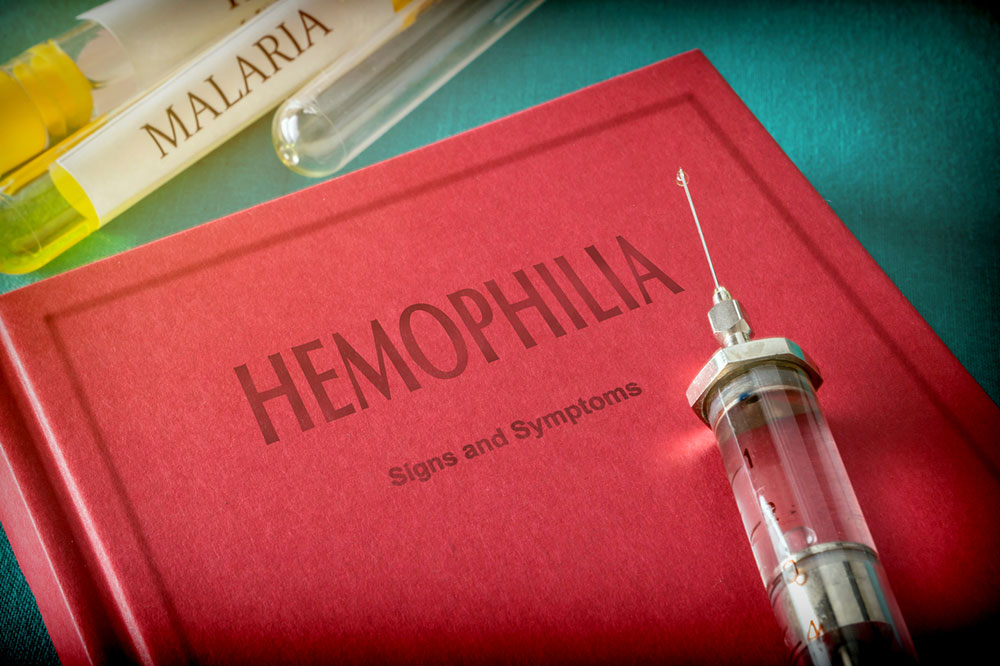
Top Warning Signs of Hemophilia
Hemophilia is a rare genetic disorder where the blood fails to clot normally because the body lacks the clotting proteins. People with hemophilia bleed longer after an injury. In severe hemophilia cases, the condition can be life-threatening. Read on to know the warning signs of hemophilia.
Warning signs of hemophilia
Symptoms experienced during hemophilia depend upon the severity of the condition. However, the primary symptom of hemophilia is prolonged bleeding. Most common types of bleeding include.
- Bleeding gums
- Sudden nosebleeds
- Bleeding inside the muscles and joints
Bleeding might occur following a dental or medical procedure.
The severity of the condition and the symptoms
The degree of clotting protein found in the body would determine the severity of hemophilia.
Mild hemophilia
In mild hemophilia, the clotting protein in the body is about 5-50% of the usual quantity. Children who have mild hemophilia might not depict any symptoms for years. This hemophilia will only show signs after surgery or wound. You can know of apparent hemophilia if bleeding following the procedure is unusually high.
Moderate hemophilia
In moderate hemophilia, the clotting protein in the body is between 1-5% of the usual quantity. Children who have this hemophilia tend to bruise easily. They might also have internal bleeding after a fall, especially around the joints.
In this stage, symptoms include a tingling sensation of mild pain and irritation in any affected joint. The pain is more common in elbows, knees, and ankles. In a few cases, the hip, shoulder, or wrist joints might also be affected.
If immediate steps are not taken to treat a joint bleed, it can further progress to stiffness, severe pain in the joint, joint becoming tender, swollen, or hot.
Severe hemophilia
In severe hemophilia, the clotting protein in the body is less than 1%. The signs in severe hemophilia are quite similar to the ones seen in moderate hemophilia. However, in this case, joint bleeding is high and more frequent.
People with severe hemophilia can experience spontaneous bleeding, which is an explicit warning sign of hemophilia.
The bleeding can be caused by bleeding gums, joint bleeds, nosebleeds, and muscle bleeds.
If severe hemophilia is left untreated, it can further aggravate and cause the following severe issues.
- Heavy internal bleeding
- Bleeding in soft tissues
- Joint deformity that would require immediate replacement surgery
In severe hemophilia A, the bleeding might also occur in the brain. This is rare, but if it occurs, one experiences a bump on the head. It could lead to the following symptoms.
- Persistent headache
- Vomiting
- Tiredness
- Sleepiness
- Weakness
- Inability to walk
- Double vision


